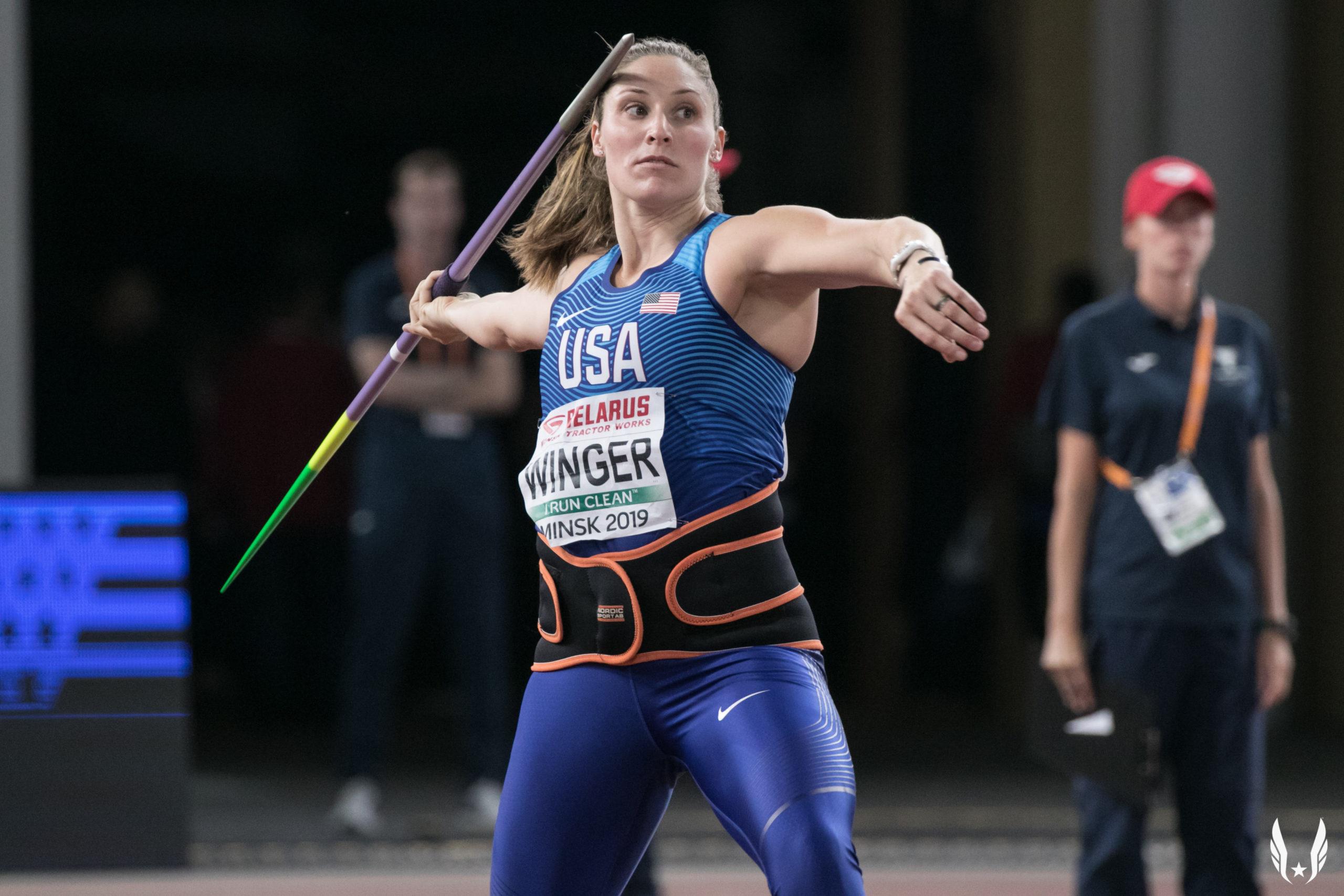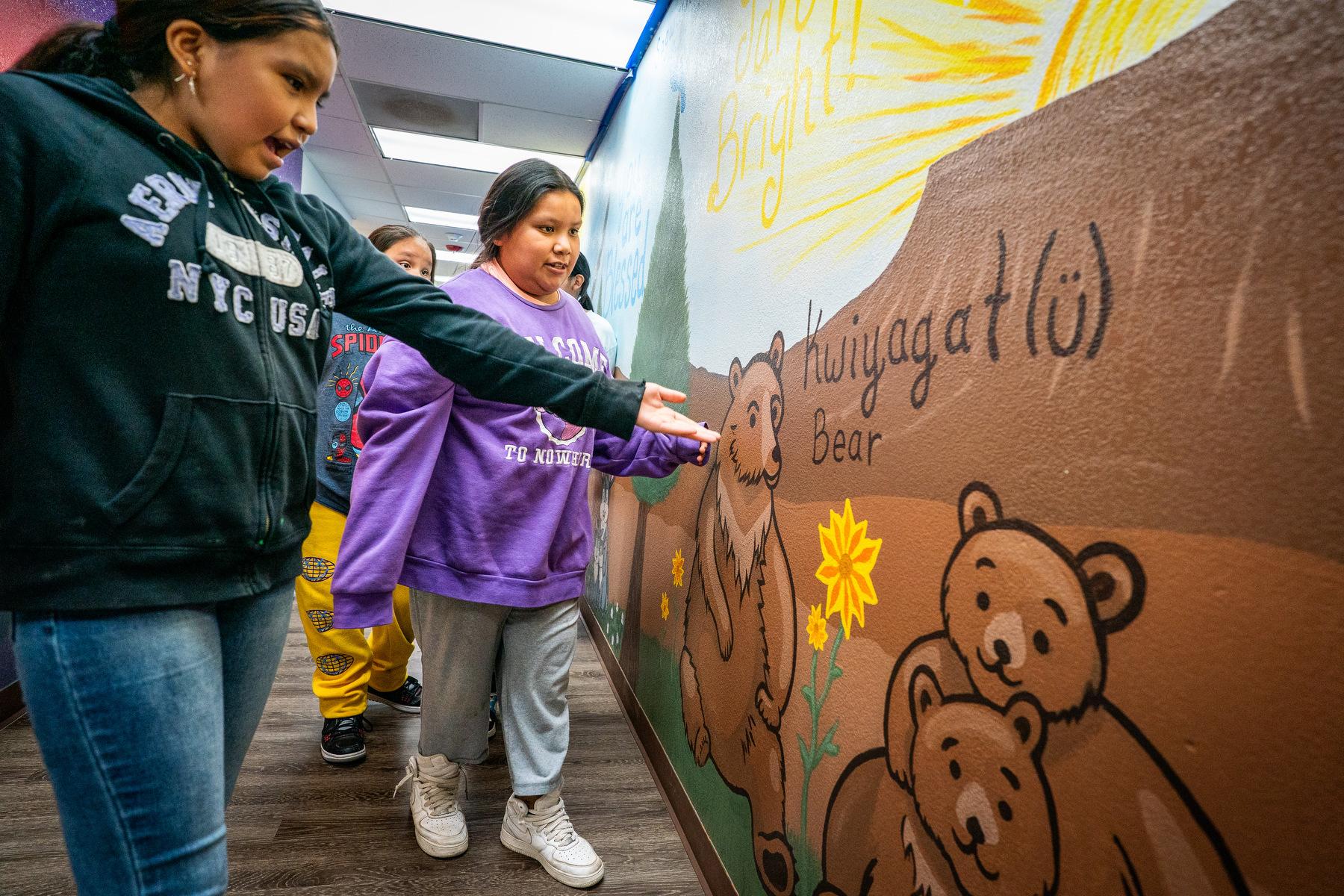
Last month, when the International Olympic Committee announced the summer games would be delayed for the first time in modern history, Salida resident Sophia Herzog didn’t quite know what to do with herself.
“I just sat on my couch for — legit — a whole day and ate some cake and watched TV. I just needed a day to sulk in it,” said Herzog, a 2016 Paralympic Silver Medalist in the 100m breaststroke.
Herzog, who has a form of dwarfism, had been training at the local aquatic center in Salida. But like all public pools in Colorado, it’s currently closed under the statewide "stay at home" order. She has nowhere to swim. And that means her Olympic dreams are on hold for now.
“In swimming we lose our fitness about a week after we stop swimming,” Herzog said. “So, I've lost everything at this point.”
Down the road from Salida, Colorado Springs, home to the U.S. Olympic and Paralympic Committee, has also had to adjust to the 2020 Tokyo Games being postponed because of the coronavirus. They’re now scheduled for June 23rd through August 8th, 2021.
For the USOPC and the 24 national sport governing bodies headquartered in the city, the delay has meant falling revenues, and in the case of USA Cycling, layoffs.
For athletes, it's meant confusion and inconsistency. At just the moment that many athletes were gearing up for the final, intense push toward the games, everything suddenly came to a halt. While some sports have already locked in who will represent Team USA, others have had to put off qualifiers, without knowing when they can resume.
This is the first time in modern Olympic history the summer games have been delayed. The last time they were canceled was 1944, during the height of World War 2. The situation leaves the worldwide Olympic community without any precedent for how to proceed.
“The athletes need some certainty. You can't provide that. So the next best thing you can do is be honest about where we are in the process,” said Phil Andrews, CEO of USA Weightlifting, which is based in Colorado Springs.
His athletes have been trying to stay busy: working out in their garages, and even mounting virtual competitions, “garage-to-garage,” Andrews said.
The situation has also ramped up the workload for the USOPC’s seven full-time sports psychologists. In the first three weeks after the announcement, psychologist Karen Cogan had nine meetings with Olympic teams and nearly 70 sessions with individual athletes.
For some, this delay could be the end of their Olympic hopes.
“What I’m looking at with each of them is ‘Where are you in your life right now? Do you want to continue for another year?’” she said. “Some have decided that they can’t or they don’t think they will have a good chance in a year and there’s a lot of sadness around that.”
Three-time Olympic javelin thrower Kara Winger had planned to retire after the Tokyo games and the subsequent world championships in Eugene, Oregon. But she’s decided to wait out the delay, and has even found some positives in it for her career. She said the schedule of major track and field events in 2020 felt rushed. Now she's happy to have the extra time with her training team and to work on new techniques she’s been developing.
“I don't think that a global pandemic is very positive at all,” Winger said. “But, for me personally, it's a chance to take a breath and organize my thoughts and my plans and all that stuff better than I thought that I was doing when life was moving on as normal.”
Luckily for Winger, she is still able to train, throwing javelins in a park near her Colorado Springs home, getting ready for the day she’ll be able to meet her competitors face-to-face on the field again.









